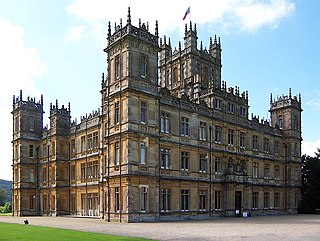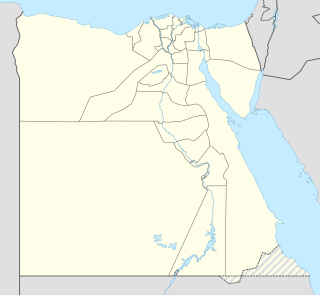This page is based on this
Wikipedia article Text is available under the
CC BY-SA 4.0 license; additional terms may apply.
Images, videos and audio are available under their respective licenses.
Abd al-Latif al-Baghdadi or Abdallatif al-Baghdadi, short for Muwaffaq al-Din Muhammad Abd al-Latif ibn Yusuf al-Baghdadi, was a physician, historian, Egyptologist and traveler, and one of the most voluminous writers of the Near East in his time.

Pertinax was a Roman military leader and Roman Emperor for the first three months of 193. He succeeded Commodus to become the first emperor during the tumultuous Year of the Five Emperors.
This article presents lists of the literary events and publications in 1743.

Al-Manshiyya, was a Palestinian village with a Muslim orphanage and a mosque known as the mosque of Abu 'Atiyya, which is still standing. The village was close to the shrine of Bahá'u'lláh, who was the founder of the Bahá'í Faith, which is also still standing.

Al-Sumayriyya, was a Palestinian village located six kilometers north of Acre that was depopulated after it was captured by the Israel Defense Forces during the 1948 Arab-Israeli War.

Highclere Castle is a country house in the Jacobethan style by the architect Charles Barry, with a park designed by Capability Brown. The 5,000-acre (2,000 ha) estate is in Hampshire, England, about 5 miles (8 km) south of Newbury, Berkshire. It is the country seat of the Earl of Carnarvon, a branch of the Anglo-Welsh Herbert family.

John Greaves was an English mathematician, astronomer and antiquarian.

Tomb KV10, located in the Valley of the Kings near the modern-day Egyptian city of Luxor, was cut and decorated for the burial of Pharaoh Amenmesse of the Nineteenth Dynasty of Ancient Egypt. However, there is no proof that he was actually buried here. Later, the decoration was replaced with scenes for Takhat and Baketwernel—two royal women dating to the late 20th dynasty.
Eutychius of Alexandria was the Melkite Patriarch of Alexandria. He is known for being one of the first Christian Egyptian writers to use the Arabic language. His writings include the chronicle Nazm al-Jauhar, also known by its Latin title Eutychii Annales.

Newtown is a village and civil parish in the English county of Hampshire, about 1 1⁄2 miles (2.4 km) south of Newbury, Berkshire.

Sir Peter Wyche was a London merchant and English Ambassador to the Ottoman Empire from 1627–1641.
Events from the year 1752 in Ireland.

Mother-of-Pearl carving, a traditional handicraft in Bethlehem, is said to have been brought to the city by Franciscan friars from Italy in the 15th century.
Mervyn Archdall was an Irish antiquary and clergyman of the Church of Ireland.

The position of Laudian Professor of Arabic at the University of Oxford was established in 1636 by William Laud, who at the time was Chancellor of the University of Oxford and Archbishop of Canterbury. The first professor was Edward Pococke, who was working as a chaplain in Aleppo in what is now Syria when Laud asked him to return to Oxford to take up the position. Laud's regulations for the professorship required lectures on Arabic grammar and literature to be delivered weekly during university vacations and Lent. He also provided that the professor's lectures were to be attended by all medical students and Bachelors of Arts at the university, although this seems not to have happened since Pococke had few students, despite the provision for non-attenders to be fined. In 1881, a university statute repealed Laud's regulations and provided that the professor was to lecture in "the Arabic, Syriac, and Chaldee Languages", and attached the professorship to a fellowship at St John's College.

Rev. Jeremiah Milles (1714–1784) was President of the Society of Antiquaries and Dean of Exeter between 1762 and 1784. He carried out much internal renovation in Exeter Cathedral. As part of his antiquarian research into the history of the parishes of Devon he pioneered the use of the research questionnaire, which resulted in the "Dean Milles' Questionnaire", which survives as a valuable source of historical information.












